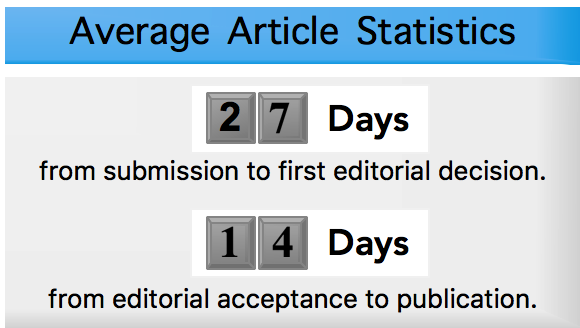Downloads
Abstract
With their exceptional mechanical properties, functionally graded materials (FGMs) are investigated among the most attractive reinforcement materials for industrial applications. This paper presents the investigation of the bending response of thick, porous, functionally graded (FG) rectangular sandwich plates based on the proposed approximate 3D zig−zag shear deformation theory. Two functions, f(z) and g(z) were incorporated into the analysis, representing higher-order shear deformation and transverse shear strain through the thickness of the FG plate, respectively. Additionally, the compatibility conditions of shear stress between layers in the present method address significant challenges in analyzing the thermal bending of thick FG plates. An improved transverse shear stress field was obtained and integrated into the proposed approximate 3D theory. Analytical solutions derived from various models, including higher-order analytical methods, were used to evaluate the performance of the proposed Quasi 3D zig−zag model. Using Hamilton's principle, equilibrium equations for porous FG sandwich plates were formulated. Numerical results demonstrated that the proposed model delivers promising results for thick sandwich plates, achieving excellent accuracy compared to analytical solutions. Moreover, the effects of volume fractions, aspect ratios, span-to-thickness ratios, boundary conditions, and typical linear and nonlinear temperature distributions across the plate thickness on the thermomechanical bending response of FG plates were investigated in detail. In conclusion, the proposed method could be considered a potential solution for accurately evaluating the behavior of structures under thermal loading and temperature distribution through the thickness.
Issue: Vol 9 No 3 (2025)
Page No.: 3452-3465
Published: Sep 30, 2025
Section: Original Research
DOI: https://doi.org/10.32508/stdjns.v9i3.1428
PDF = 22 times
Total = 22 times
Most read articles by the same author(s)
- Vuong Nguyen Van Do, Hai Duc Cam Vo, Nam Tuan Phuong Le, A B-Spline approach on Dynamic response of bridges subjected to moving vehicles , VNUHCM Journal of Natural Sciences: Vol 4 No 4 (2020)

 Open Access
Open Access 








